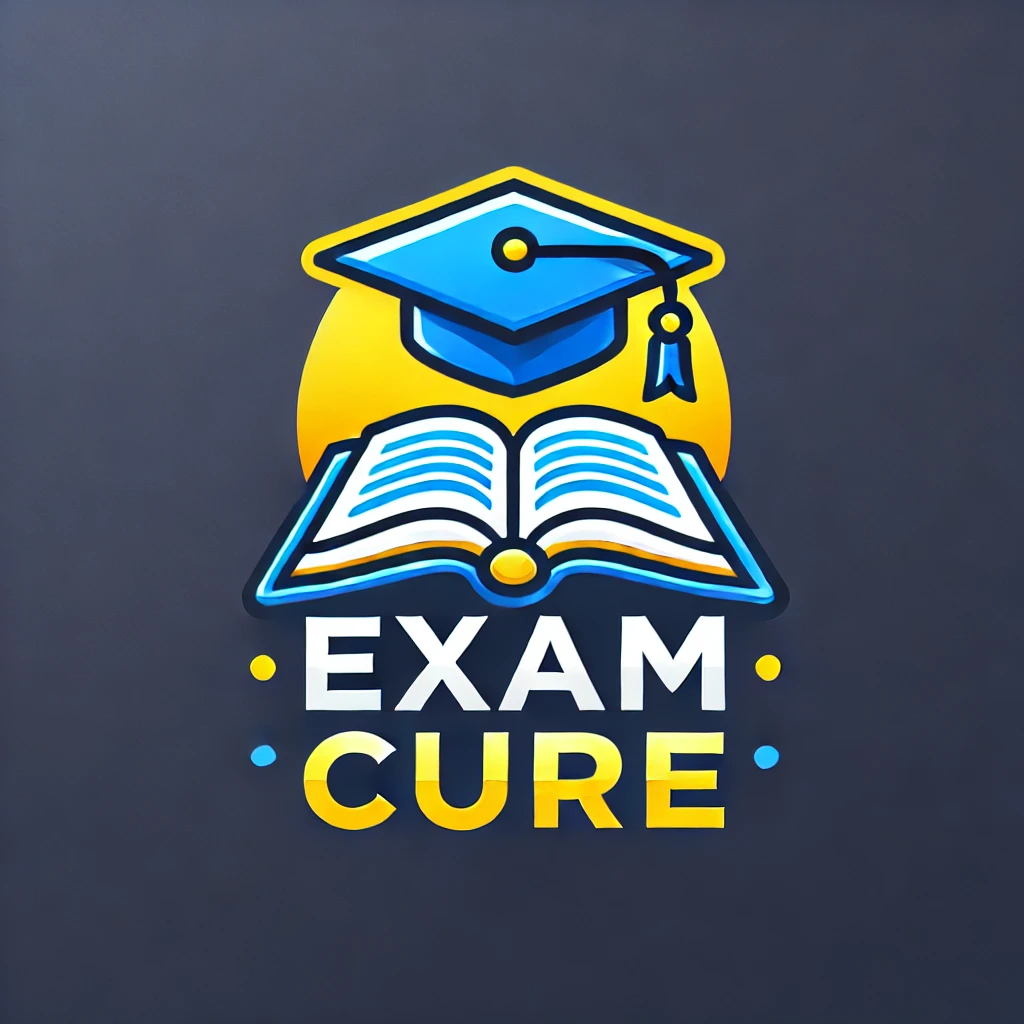Clinical Pharmacy DHA Prometric Exam Q Bank
Ready to pass the DHA Prometric Examination of Clinical Pharmacy ? Then prep for the DHA Prometric exam with Exam Cure . Gain access to more than 1000 review practice questions with detailed explanations for both correct and incorrect responses.
The Clinical Pharmacy question bank follows the exam content outline for the DHA Prometric exam of Clinical Pharmacy.
Enhance your studies when you add on our NEW Full-Length Practice Exam. Not only will you have the knowledge needed to pass the certification test, but you will also be prepared by being familiar with the content of the DHA Prometric exam on test day.
Write your awesome label here.
Course contents
Pricing
Money Back if you don't Pass
6 Monthly
$79
Subscription per 6 months per user
Key Clinical Pharmacy DHA Prometric Exam Q Bank Features &Benefits
Thorough Explanations
Become a better doctor with answer explanations that enable you to master the material.
Test Exams & Unlimited Quizzes
Assess where your strong and generate practices questions where you're weak.
Do better on your exams with answers.
Questions and teaching points are continuously updated.
Study at your own pace
You can enroll whenever you want, and study at your own time and pace.
About the Question Bank
Our review is designed to help you maximize your score on the Clinical Pharmacy DHA Prometric Exam. EXAM CURE questions and articles are based on our experts review of Clinical Pharmacy DHA Prometric exam Blueprints. Each Q Bank is designed to empower you to assess your knowledge and understanding of medical principles and concepts found on the Clinical Pharmacy Exam.
Multiple-choice questions
We have 2000 Multiple-choice.
Clinical Pharmacy DHA Prometric Exam Overview
How many hours is the Clinical Pharmacy Exam?
The Clinical Pharmacy Exam is 3 hours
How many questions is the Clinical Pharmacy Exam?
The Clinical Pharmacy Exam is 150 questions
What topics are covered on the Clinical Pharmacy DHA prometric Exam?
More About the Clinical Pharmacy DHA Prometric Exam
Clinical Pharmacy Prometric Exam
Administered by: Dubai Health Authority (DHA)
Duration: 3 Hours
Number of Questions: 150
Pass Score: 70%
Fee: USD 240
Exam Code: PHO5482
Exam Coverage:
1. Toxicology
Study of toxic substances and their effects on the body.
Key Concepts:
Mechanisms of toxicity, antidotes, and the management of poisoning cases.
Tips: Focus on common toxic agents and their clinical management.
2. Medicinal Chemistry
Chemical properties and structure-activity relationships of drugs.
Key Concepts:
Drug design, metabolism, and the role of chemical structure in pharmacodynamics and pharmacokinetics.
Tips: Review drug classes and their chemical frameworks.
3. Sterile and Nonsterile Compounding
Preparation of medications in various forms.
Key Concepts:
Aseptic techniques, compounding calculations, and equipment used.
Tips: Emphasize techniques for maintaining sterility and quality control.
4. Pharmaceutics/Biopharmaceutics
Drug formulation and the study of drug release and absorption.
Key Concepts:
Dosage forms, routes of administration, and factors influencing bioavailability.
Tips: Understand the fundamentals of drug delivery systems.
5. Pharmacognosy and Dietary Supplements
Study of natural sources of drugs.
Key Concepts:
Herbal medications, supplements, and interactions with pharmaceuticals.
Tips: Familiarize yourself with common natural supplements and their uses.
6. Pharmacy Calculation and Compounding
Mathematical calculations in pharmacy practice.
Key Concepts:
Dosage calculations, unit conversions, and concentration calculations.
Tips: Practice calculations extensively for accuracy.
7. Clinical Pharmacogenomics
Influence of genetic factors on drug response.
Key Concepts:
Personalized medicine, genetic testing, and drug selection based on genetic profiles.
Tips: Understand the basics of pharmacogenomics for optimizing drug therapy.
8. Pharmacokinetics
Study of drug absorption, distribution, metabolism, and excretion.
Key Concepts:
ADME processes and their influence on drug levels in the body.
Tips: Review key pharmacokinetic equations and parameters.
9. Pharmaceutical Care and Disease State Management
Providing optimal patient care through medication management.
Key Concepts:
Patient-centered care, medication therapy management, and collaborative care.
Tips: Focus on common chronic diseases and their pharmacological management.
10. Medication Safety
Ensuring safe medication use.
Key Concepts:
Error prevention, risk management, and patient education.
Tips: Understand common sources of medication errors and safety protocols.
11. Over the Counter Medication
Study of non-prescription medications.
Key Concepts:
Common OTC drugs, indications, and counseling points.
Tips: Familiarize yourself with frequently used OTC medications.
12. Pharmacy Law and Ethics
Legal and ethical standards in pharmacy practice.
Key Concepts:
Regulations, patient confidentiality, and professional responsibility.
Tips: Review local and international laws governing pharmacy practice.
13. Clinical Pharmacology and Therapeutic Decision Making
Application of pharmacology in clinical settings.
Key Concepts:
Drug selection, dosage adjustment, and therapeutic outcomes.
Tips: Practice case-based questions to improve decision-making skills.
14. Infection Control
Preventing and managing infection risks.
Key Concepts:
Aseptic techniques, sterilization methods, and infection prevention measures.
Tips: Review guidelines for infection control in healthcare settings.
Study Recommendations:
Blueprint-Based Preparation:
Allocate study time according to the weight of each topic, with emphasis on pharmacokinetics, disease state management, and clinical pharmacology as high-yield areas.
Core Textbooks and References:
Use recommended resources such as:
1. The APhA Complete Review for Pharmacy by Dick R. Gourley and James C. Eoff III.
2. Lippincott's Illustrated Reviews: Biochemistry.
3. Comprehensive Pharmacy Review by Shargel, Alan H. Munick, and Paul F. Souney.
4. Goodman & Gilman's: The Pharmacological Basis of Therapeutics.
5. Pharmaceutical Calculations by Howard C. Ansel and Mitchell J. Stoklosa.
6. Principles of Toxicology by Karen E. Stine and Thomas M. Brown.
Practice with Clinical Scenarios:
Familiarize yourself with case studies to apply theoretical knowledge practically.
Mock Tests:
Take timed practice exams to improve pacing and comfort with the question format.
Review Guidelines and Drug Safety Standards:
Focus on guidelines for therapeutic decision-making, pharmacokinetics, and infection control protocols.
---
This structured outline provides a roadmap for preparing for the Clinical Pharmacy Prometric Exam, emphasizing essential knowledge areas and skills for success.

